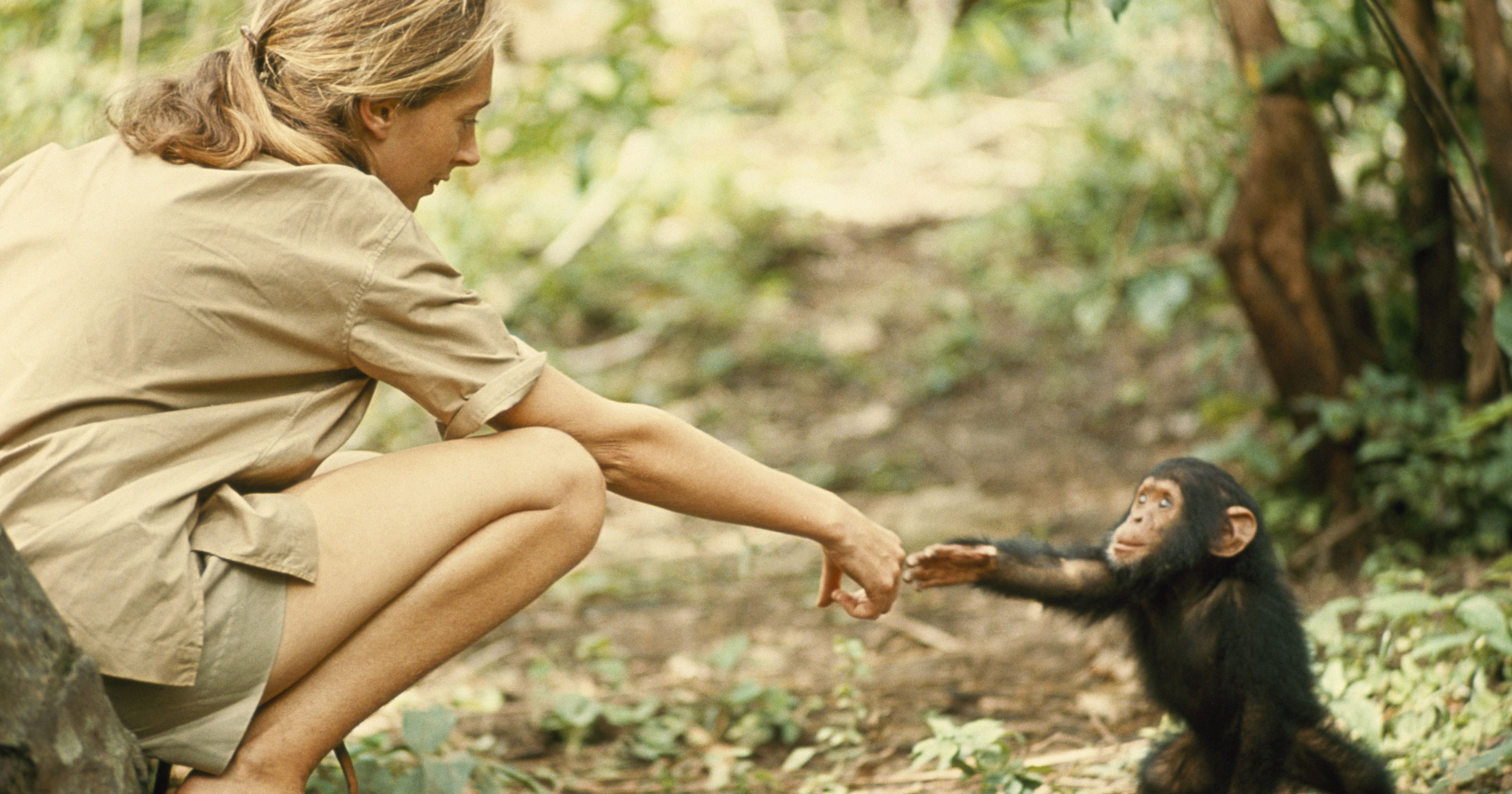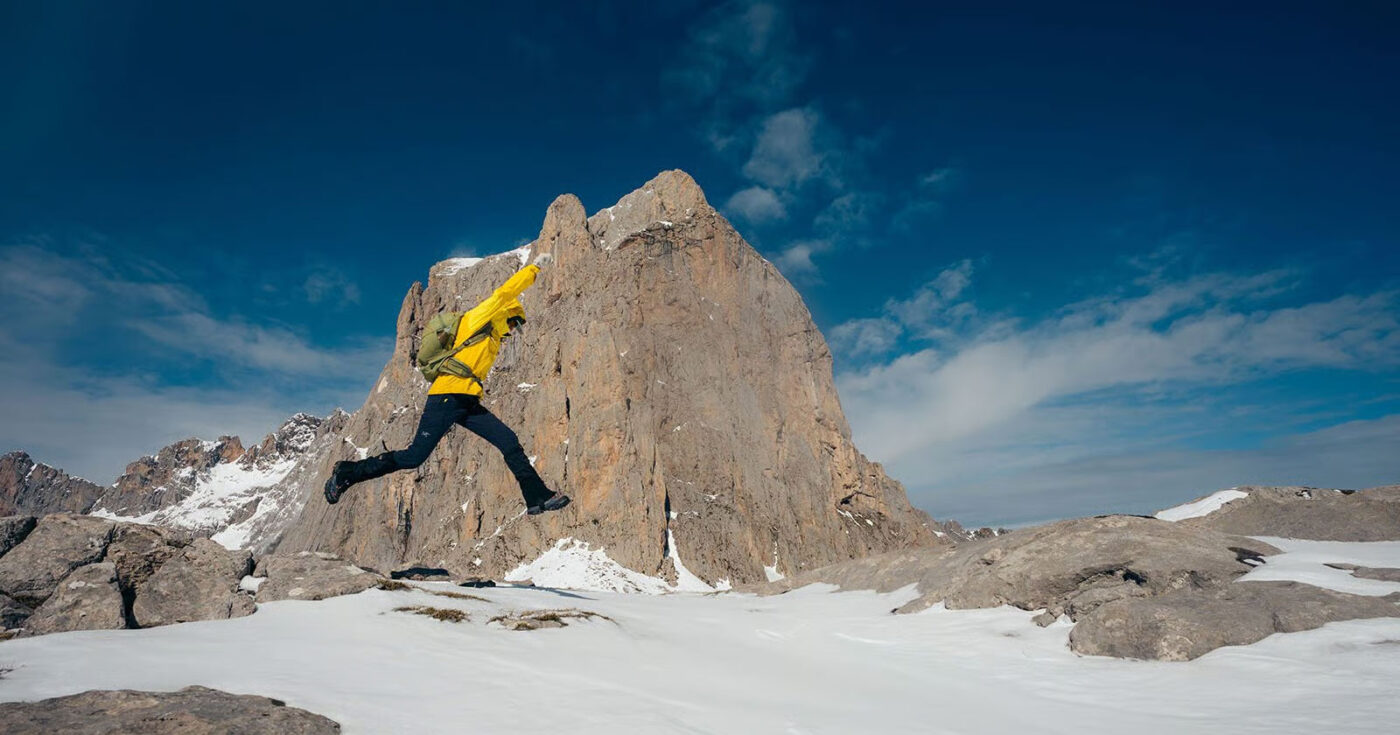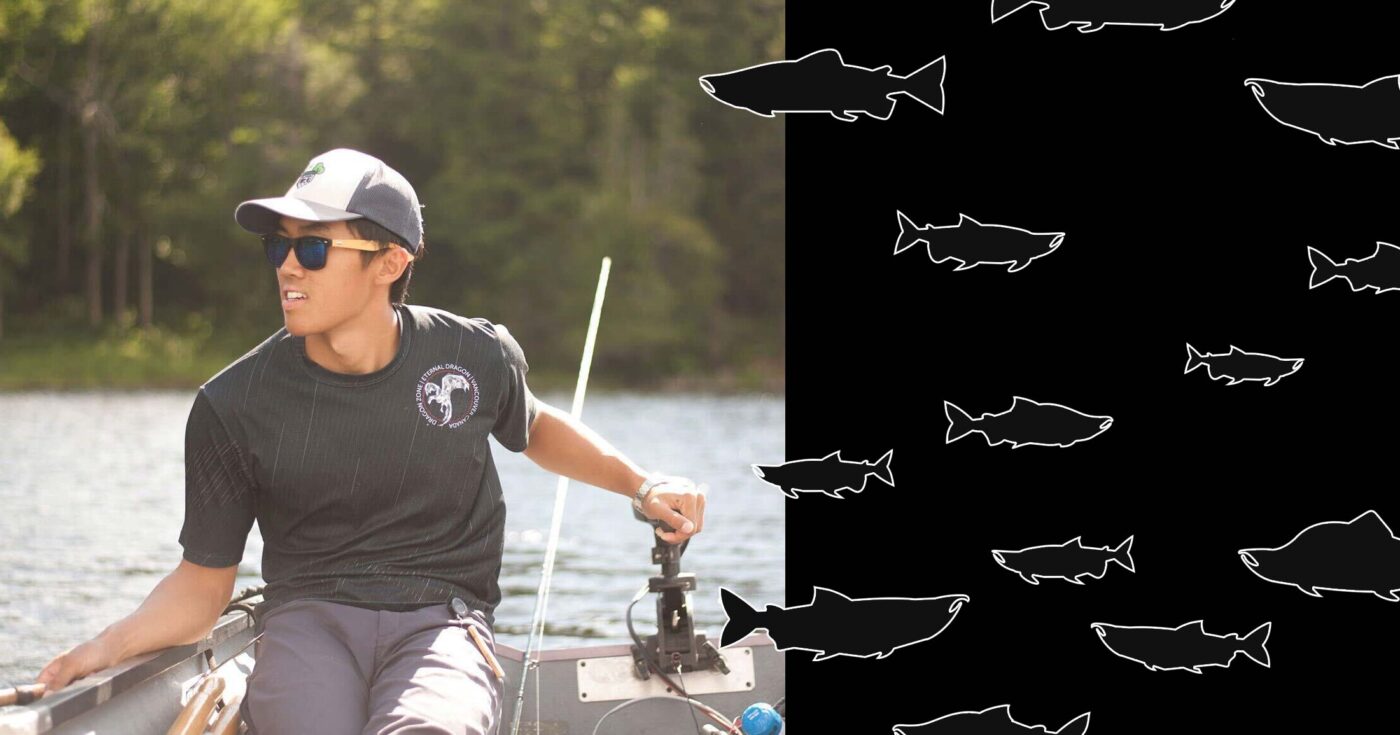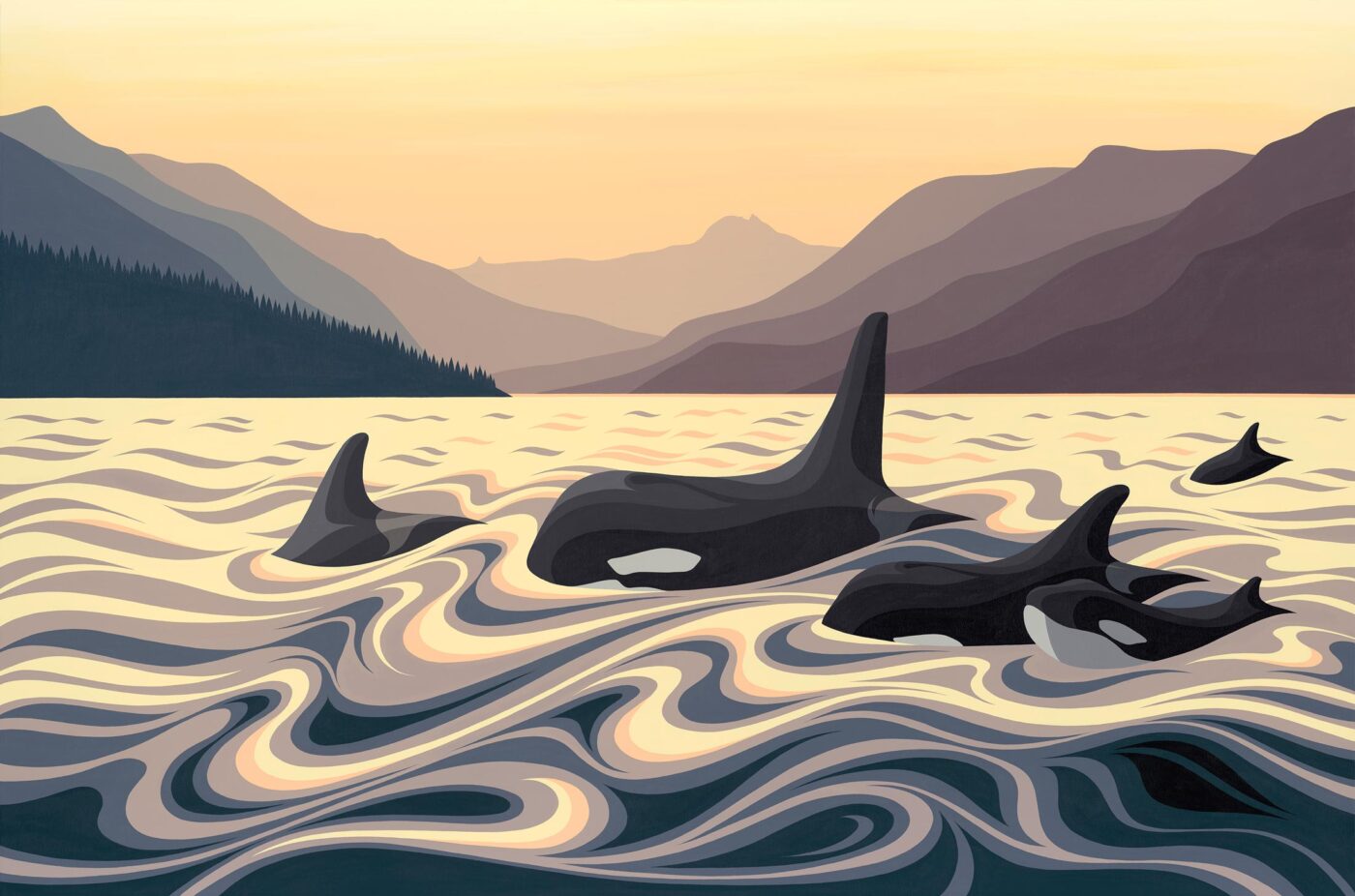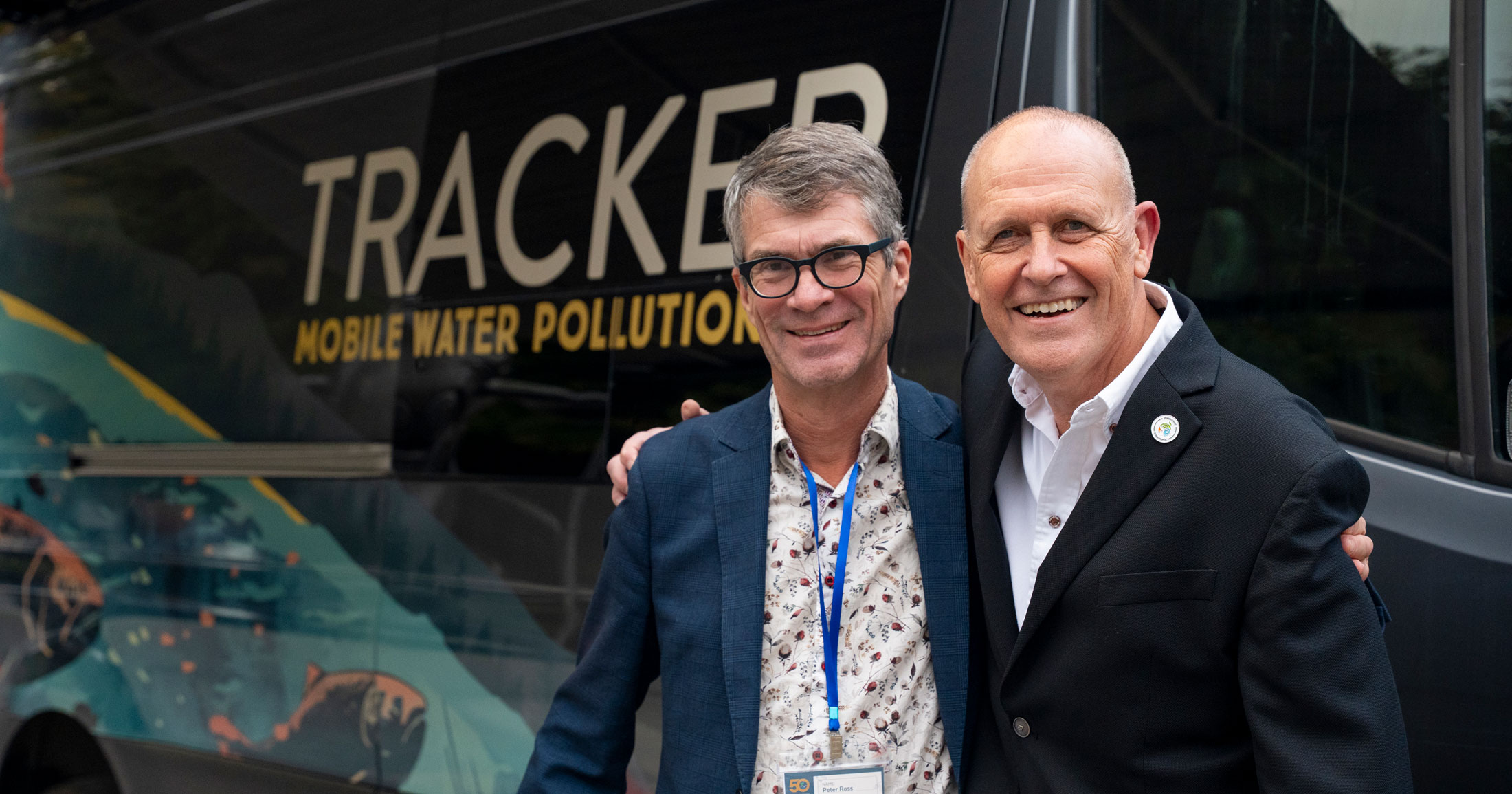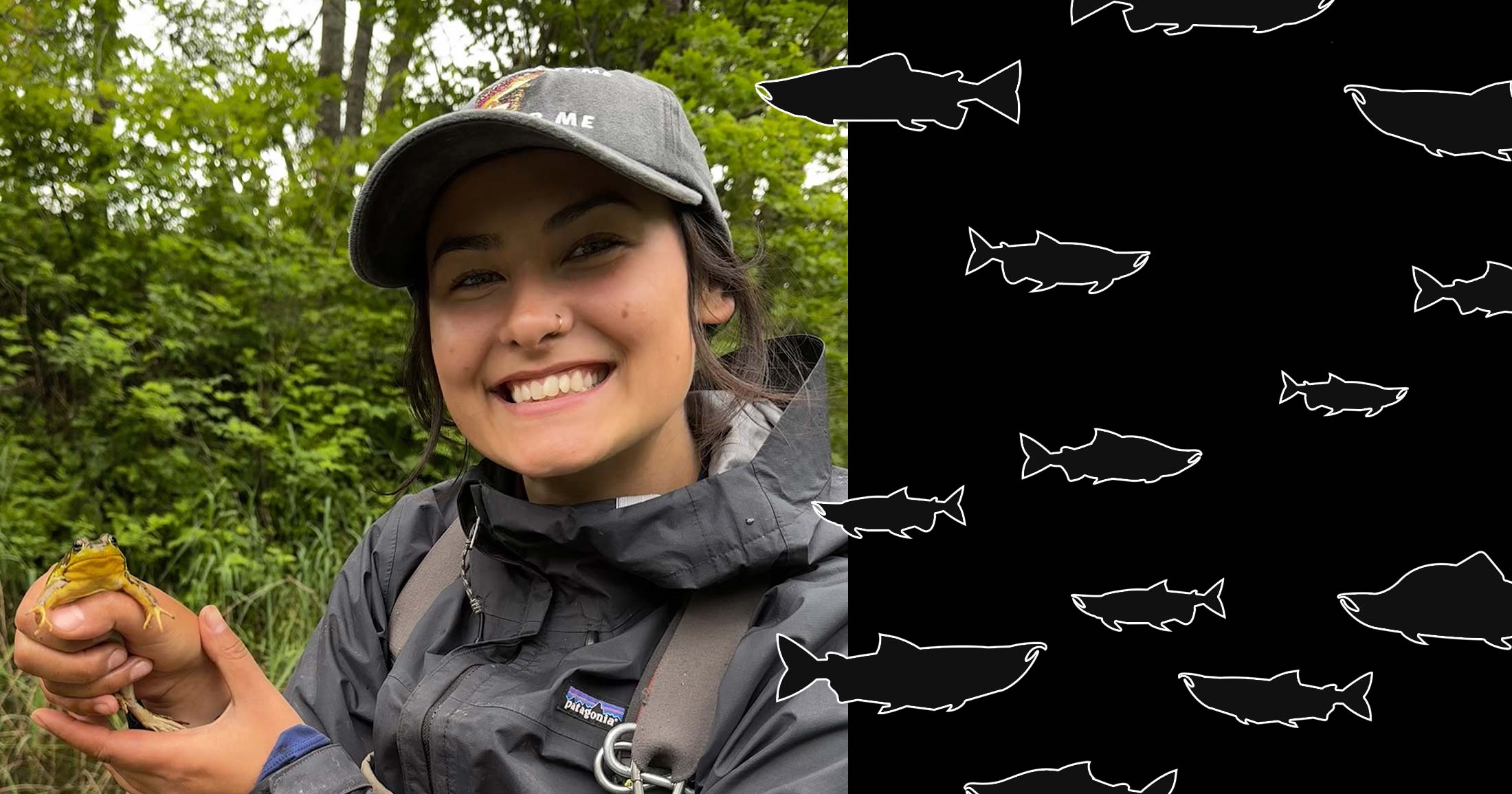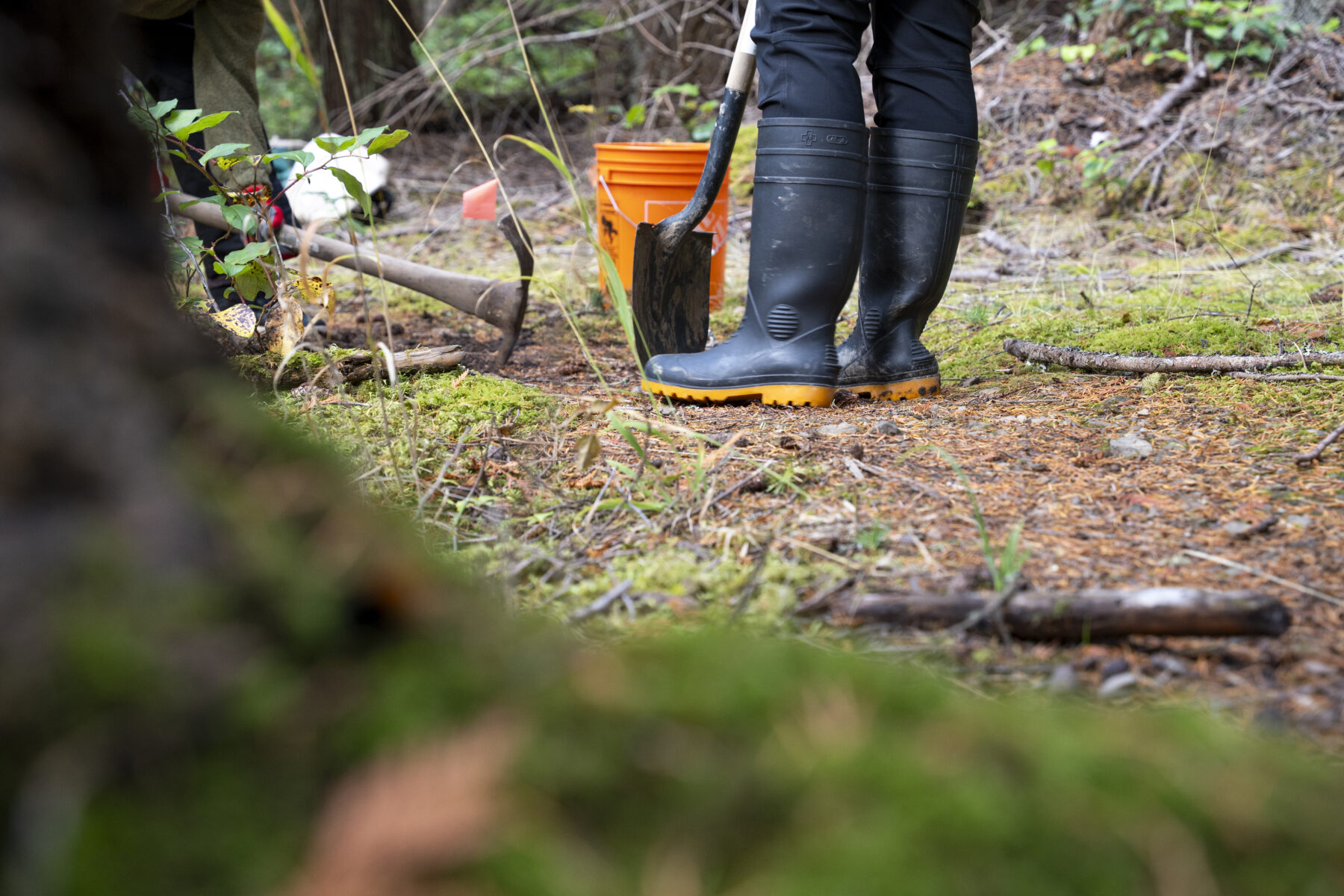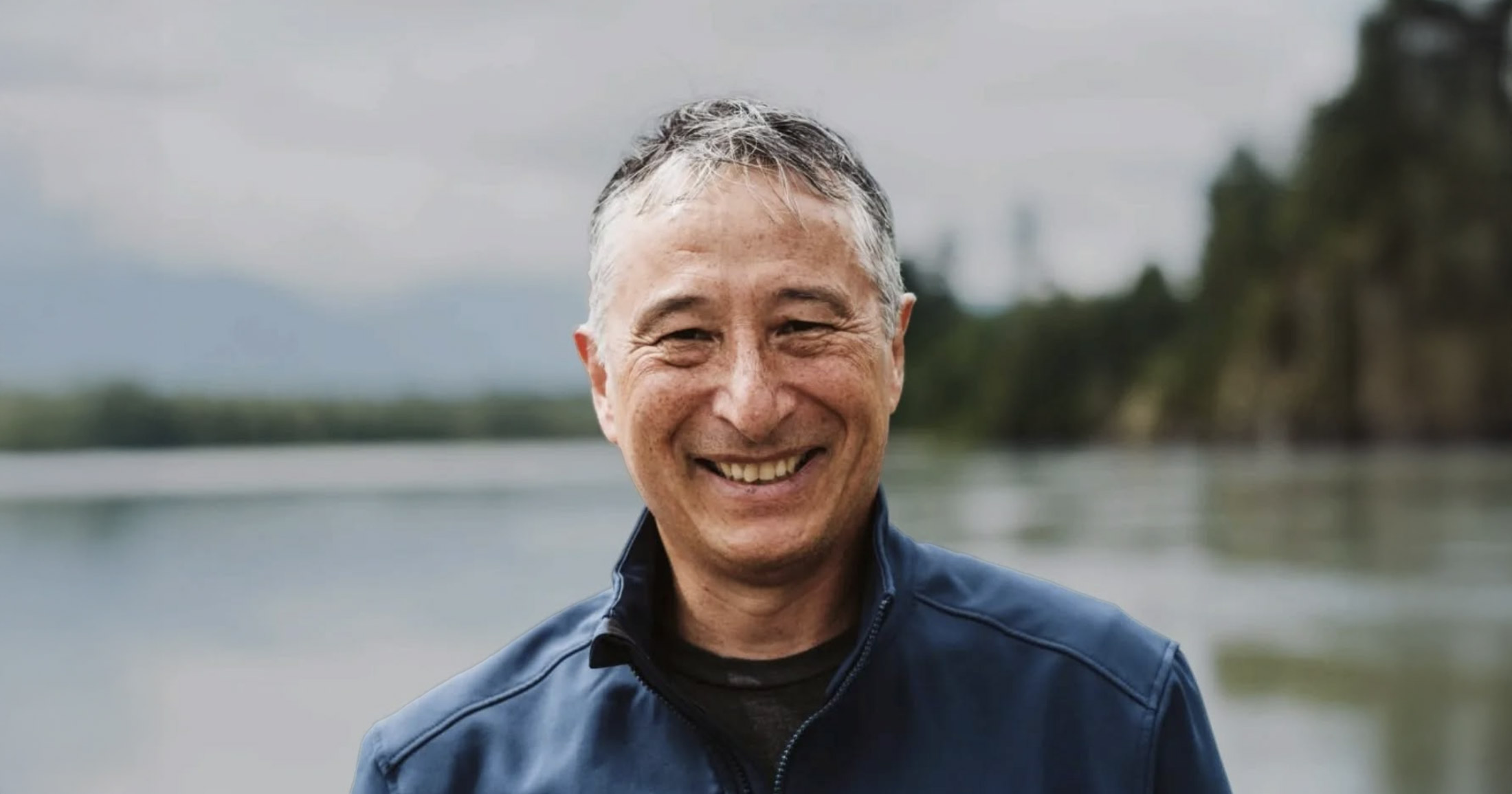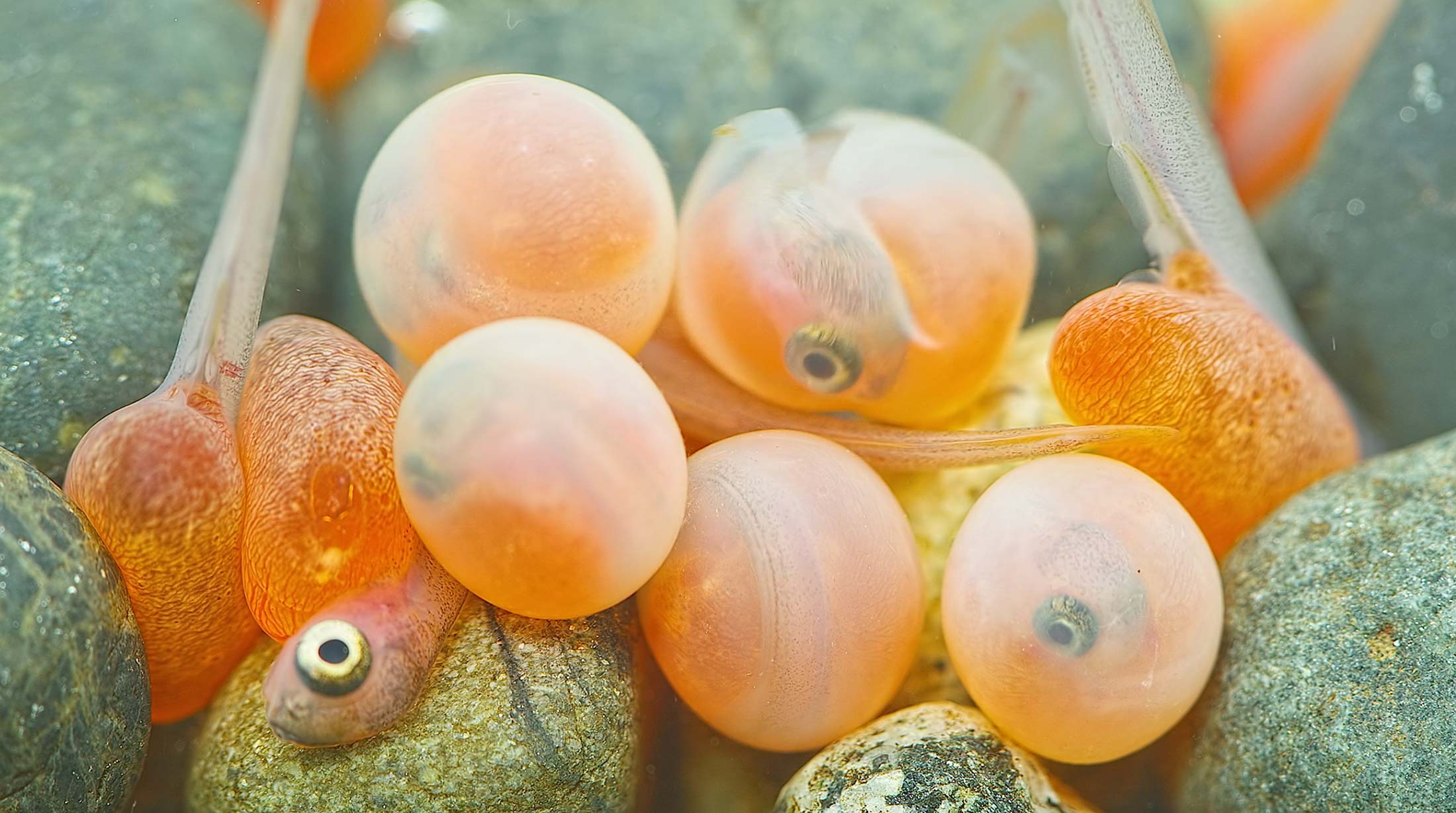A legacy of respect: Jane Goodall and my work with whales
The importance of keeping empathy at the heart of science.
When I was seven years old, I came across the story of Jane Goodall living among chimpanzees in the forests of Gombe. It was 1975, and by then Jane had already been in Tanzania for 15 years. Her discoveries of chimpanzee tool use, hunting, and complex social lives had made her famous, and her book In the Shadow of Man (1971) and National Geographic film Miss Goodall and the Wild Chimpanzees (1965) were inspiring people around the world.
For a little girl in Argentina, the idea that a woman could venture deep into the jungle to study wild animals was nothing short of transformative. I remember thinking: if she can do it, I can do it. That spark never left me. One of my childhood friends, now an archaeologist, reminded me that our parallel stories speak to Jane’s far-reaching influence – not just on scientists everywhere, but on women born in the Global South, for whom her example was especially powerful.
As I grew older and followed Jane Goodall’s work more closely, what continued to inspire me was not only her discoveries, but her approach. In an era when researchers were encouraged to reduce animals to numbers, Jane gave her chimpanzees names. She saw them as individuals, each with a personality, a story, and a place in their social world. She was unafraid of being accused of anthropomorphism, because what guided her was respect for the lives and relationships of the beings she studied.
That respect became a thread I carried into my own life as a biologist. I did not become a primatologist, though I once had a Goodall-inspired stint studying baboons in Africa. Instead, my path led me to the ocean, to the study of whales. Yet the philosophy I absorbed from Jane Goodall, the view that animals are not ‘its’ but ‘whos’, shapes my work every day. In our research, we strive to understand whales as individuals and as members of cultures, much as Jane revealed with chimpanzees.
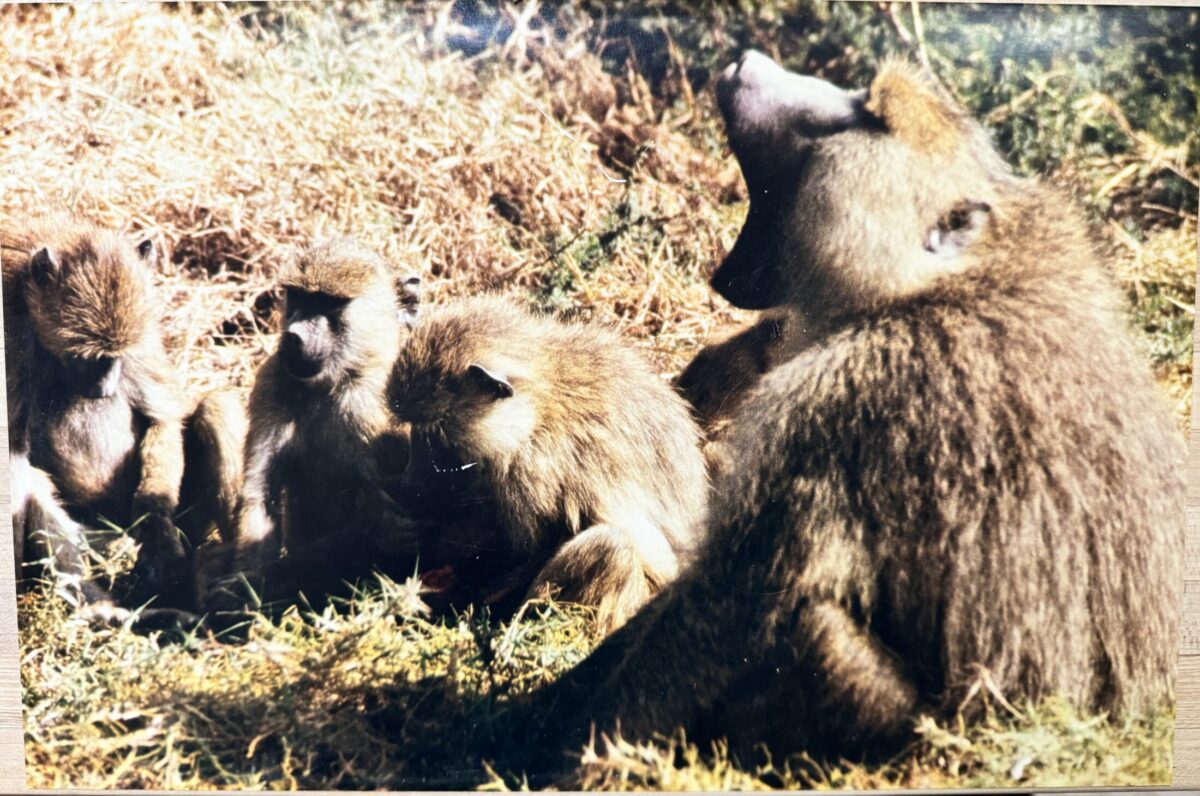
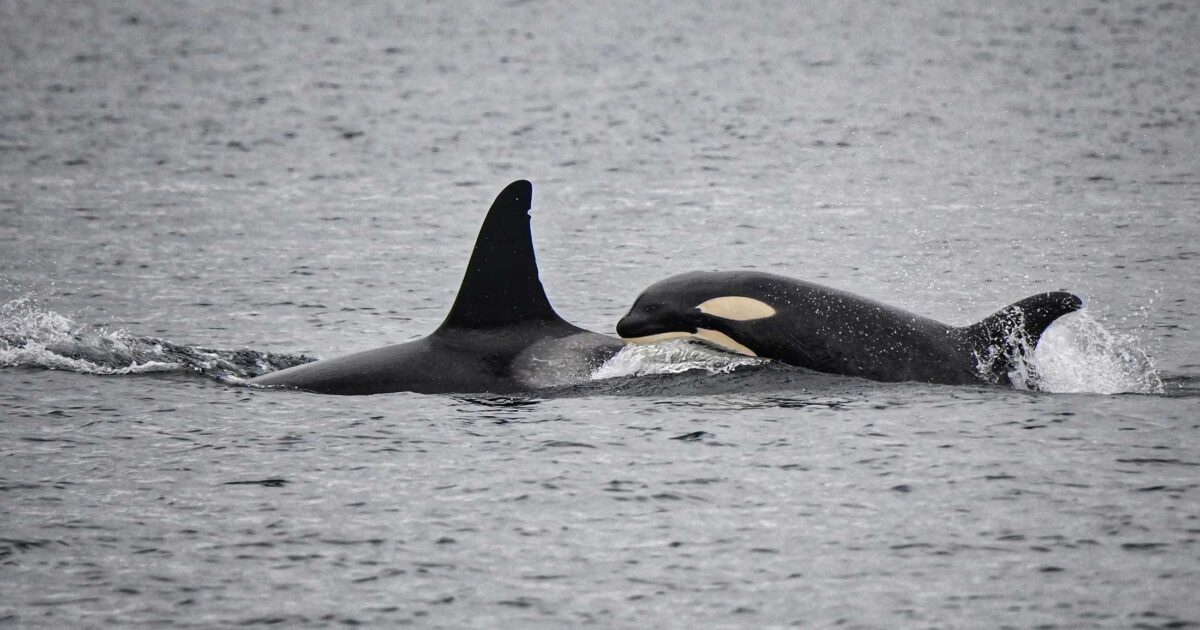
Jane Goodall showed the world that empathy and science are not opposites, but allies. Her influence is everywhere. One can see it in the scientists who carry her respect for other animals into their work, and in the many young people who still discover her story for the first time.
Her passing feels deeply personal to me. I know I would not be where I am today without that spark she lit in me at seven years old. I carry her lessons into my own research with whales: to meet them as beings with stories of their own, to let curiosity guide my questions, to let respect shape my methods, and to keep empathy at the heart of science.
And I know my story is shared by many. In the hours after her passing, colleagues and childhood friends echoed the same words: Jane Goodall inspired my path, too.
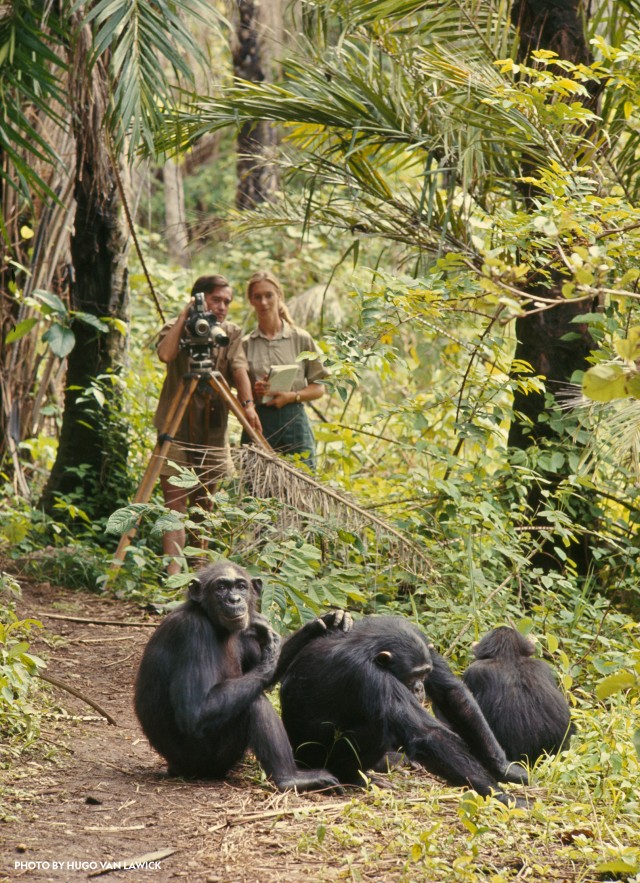
You can help
Raincoast’s in-house scientists, collaborating graduate students, postdoctoral fellows, and professors make us unique among conservation groups. We work with First Nations, academic institutions, government, and other NGOs to build support and inform decisions that protect aquatic and terrestrial ecosystems, and the wildlife that depend on them. We conduct ethically applied, process-oriented, and hypothesis-driven research that has immediate and relevant utility for conservation deliberations and the collective body of scientific knowledge.
We investigate to understand coastal species and processes. We inform by bringing science to decision-makers and communities. We inspire action to protect wildlife and wildlife habitats.


